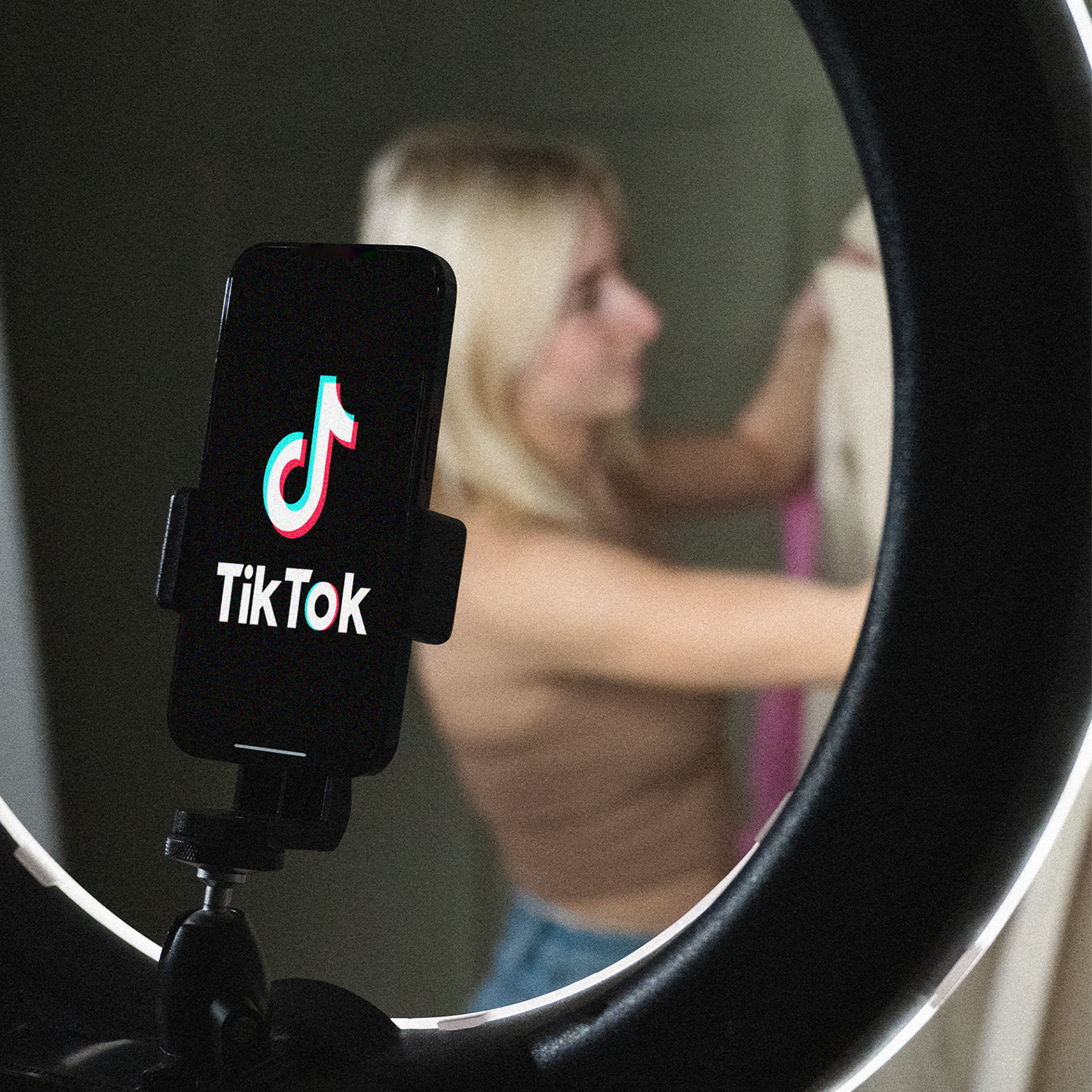With the rise of social commerce, online reviews are as organic and relevant as any other stage of the purchase journey. Around 92% check other customers reviews online before buying a product or service. This means that without reviews, your brand won’t be considered –no matter how much you are spending on other areas of your digital marketing strategy.
According to the report, “2021 State of Online Reviews”, published by Birdeye, almost 70% of all reviews online are on Google. Nine out of ten users read customer reviews before purchasing a specific product or service. Additionally, reviews recency is also a factor to be considered. Up to 44% of users want to see reviews written within the past month.
“Brands and retailers often make the mistake of thinking that review recency isn’t as important as review volumes. However, review collection is not a ‘one and done’ activity; it’s something that needs to be an ongoing effort”, says PowerReviews’ Andrew Smith, vice president of marketing.
Even bad reviews are welcome.
Here resides the difference between taking advantage of an area of opportunity or missing the chance completely. The same goes for a negative review. While a poor review can affect a brand’s perception, how the brand responds to negative feedback has a more profound and long-term impact. For example, 64% of users would buy from a brand after seeing how they handle a bad review.
The 2020 Customer Comments survey has revealed that 84% of apparel consumers wouldn’t buy a product if they read multiple negative reviews citing the same issue with no response for the brand.
“Over a third of consumers expect a response to their bad reviews. So when people leave bad feedback, they’re leaving a door open, and want you to respond, engage and start a dialogue with them”, says Trustpilot’s Theo Robson, business development manager.
55% of online sites violate the EU’s Unfair Commerce Practices Directive
According to research by the European Commission, close to ⅔ of ecommerce sites and online shops could be using fake reviews on their sites. Furthermore, authorities couldn’t confirm using authentic reviews in 144 out of the 223 websites checked. Likewise, consumer protection authorities concluded that 55% of the checked websites violate the Unfair Commerce Practices Directive, which requires websites to present truthful information to consumers to ensure an informed decision.
“Consumers very often rely on online reviews when shopping or booking online. I don’t want consumers to be tricked. I want them to be able to interact in a trustworthy environment. I insist on one specific point: online businesses must provide consumers with clear and visible information on the reliability of such reviews. Today’s results are a clear call for action”, said Didier Reynders, Commission for Justice.
How to get trustworthy reviews online.
Online reviews are the product of the satisfaction that a customer feels with a product or service to take the initiative to share their opinion and experience online so that other users can make purchase decisions. However, this situation is less common than expected.
This is why retailers and online businesses should encourage consumers to share these reviews. But how to do it effectively? First, it must be something the customer is willing to do without feeling pressured or expecting something in return. Avoid offering discounts or incentives to consumers in exchange for reviews.
Invite your users to complete short surveys; contact your most loyal users and ask permission to quote them on your website; promote a branded hashtag and invite your followers to leave comments or share photos using the hashtag. Always include easy access links to your social networks in your brand communications.
Likewise, review platforms are also an excellent place to collect opinions about your brand or products. For B2B services, the most effective way to start building your online reputation is by asking your current customers to share their opinions in your profile on these sites.
But, most importantly, avoid buying reviews. It will backfire despite seeming an effective way to rank higher on search engines. Google can penalise your search ranking. It will affect your credibility and, above all, impact customers opinion of your business.








